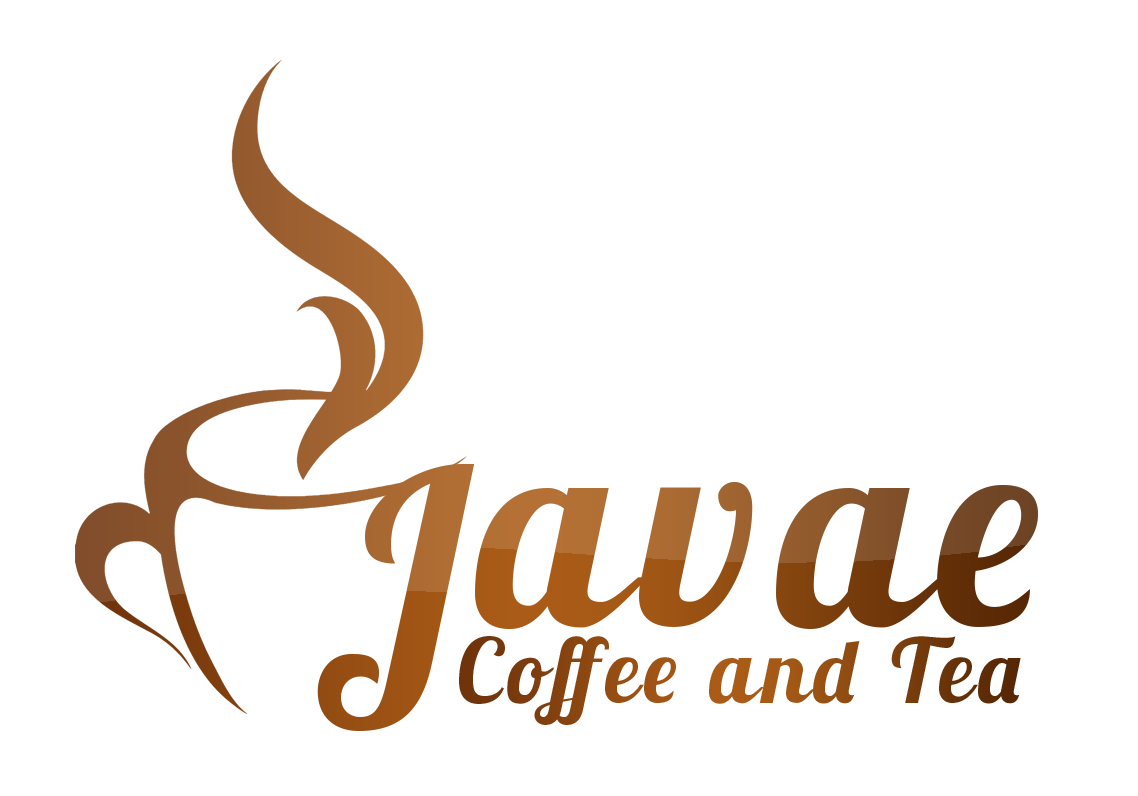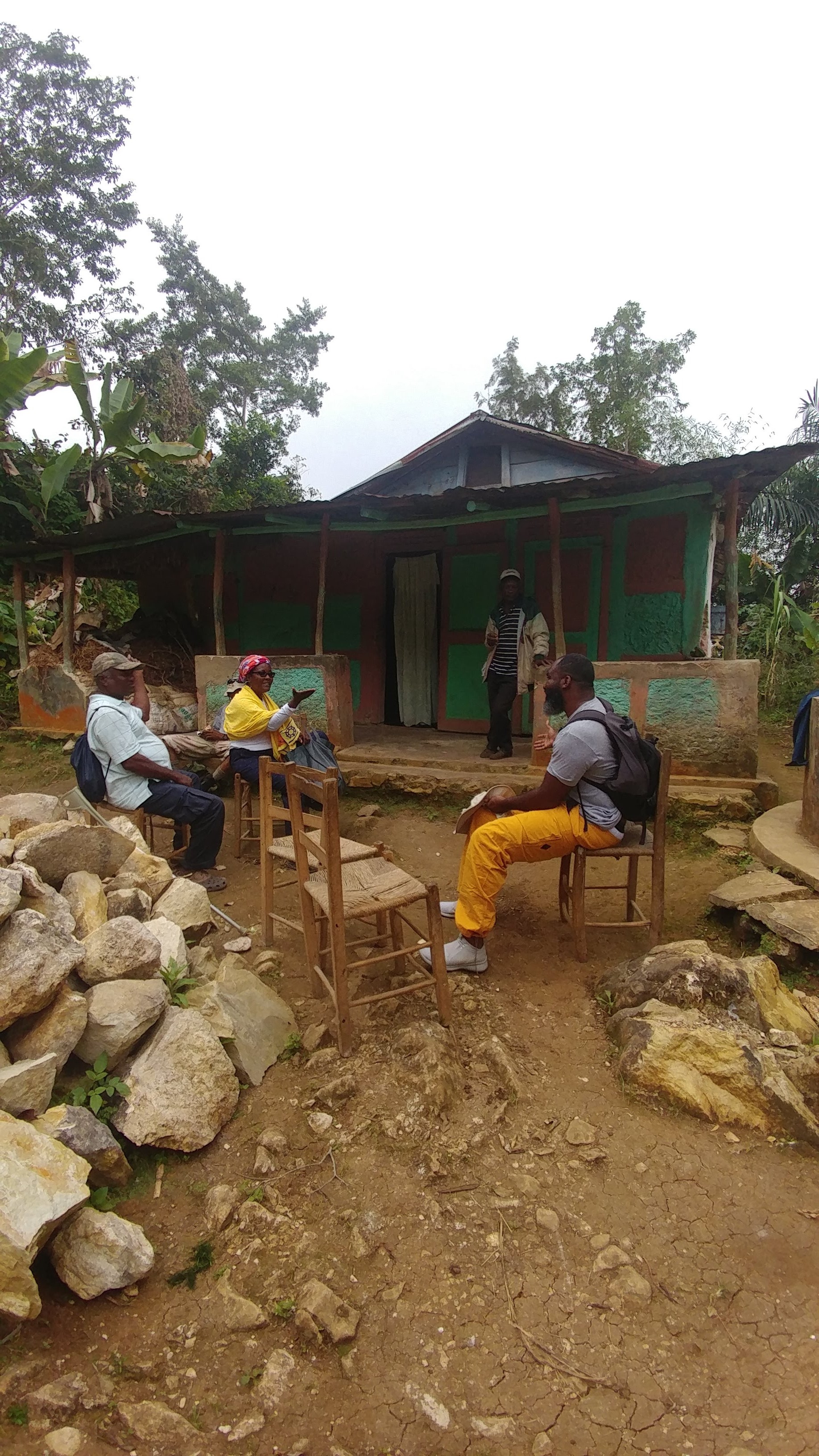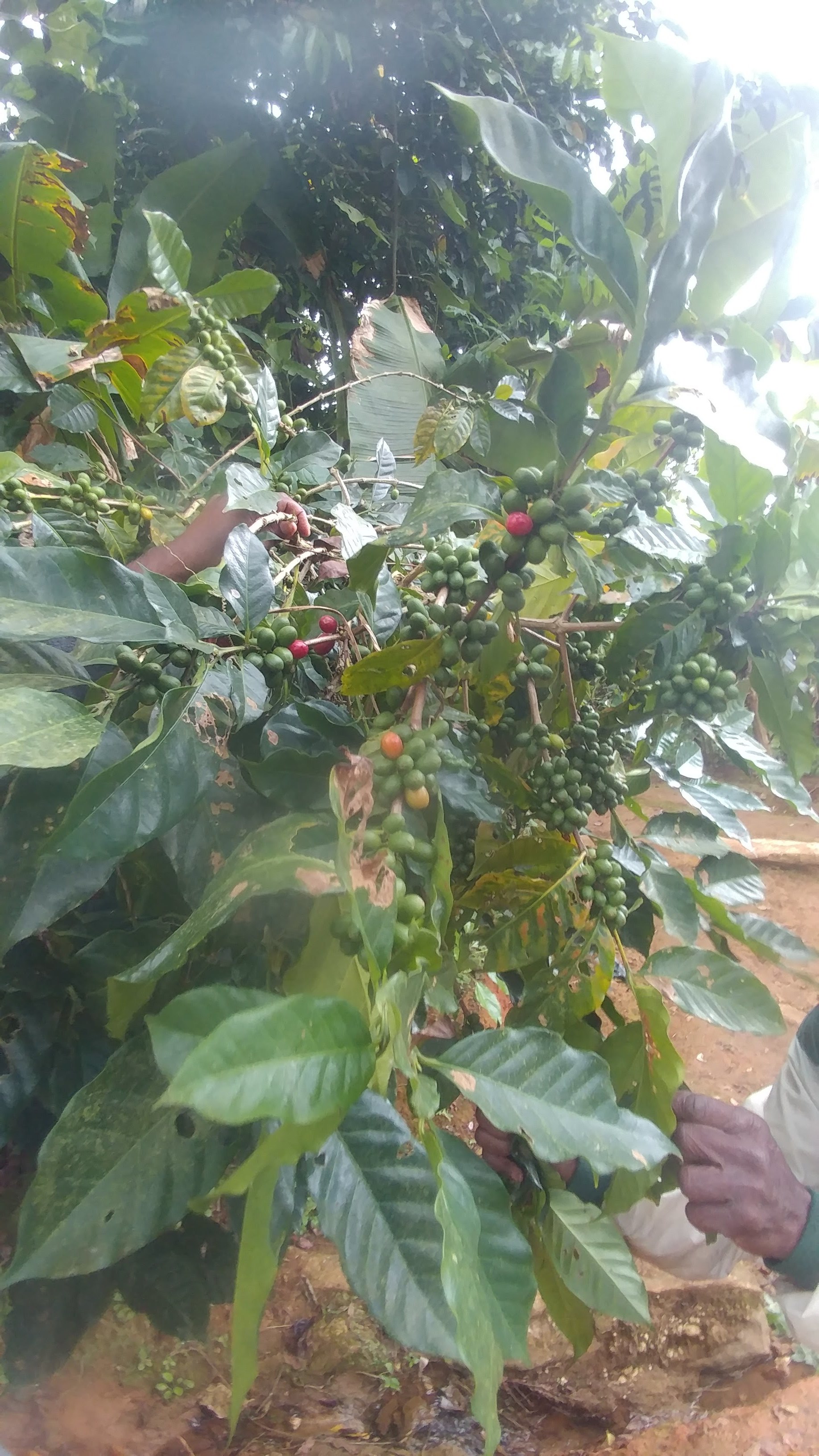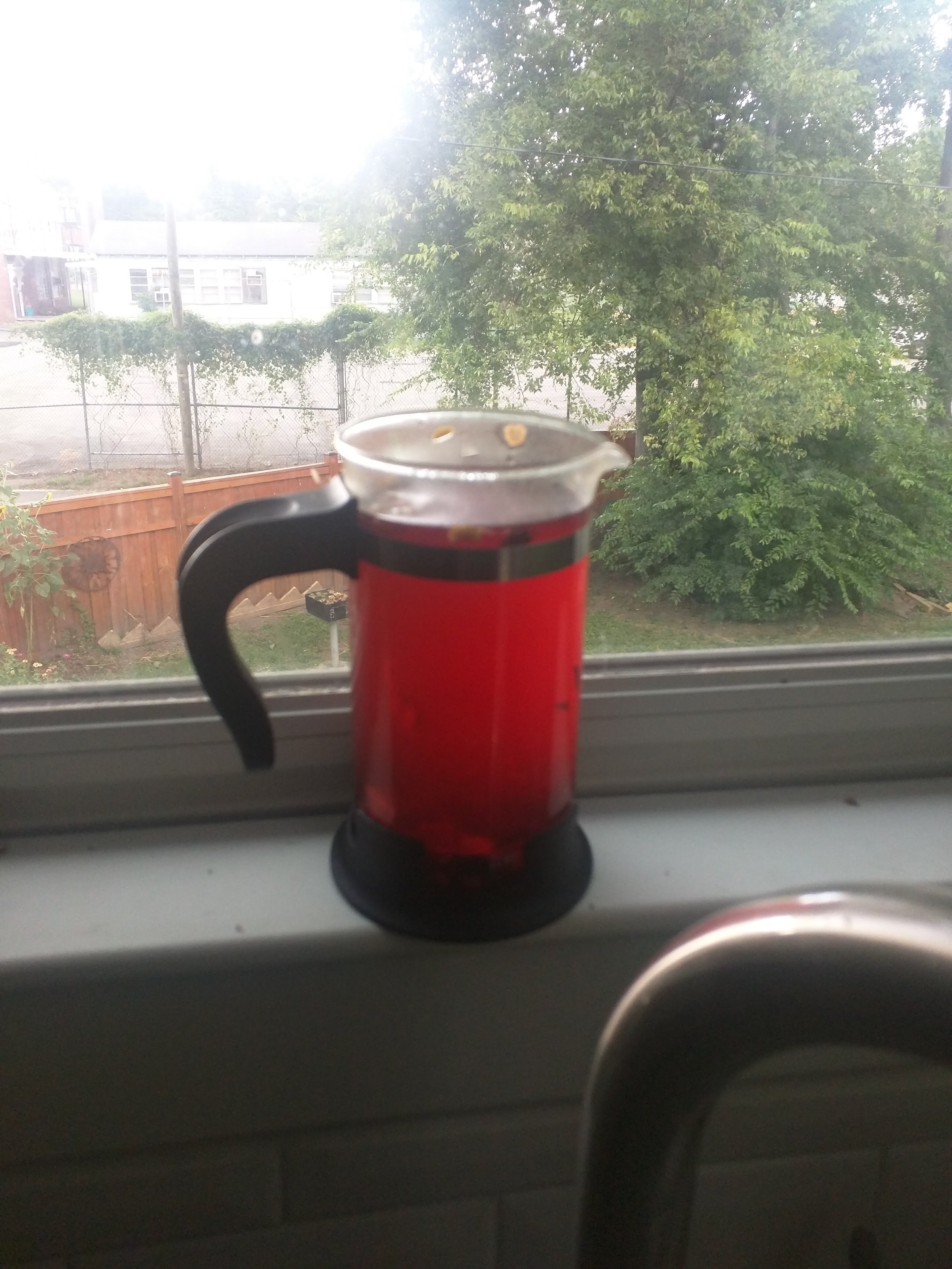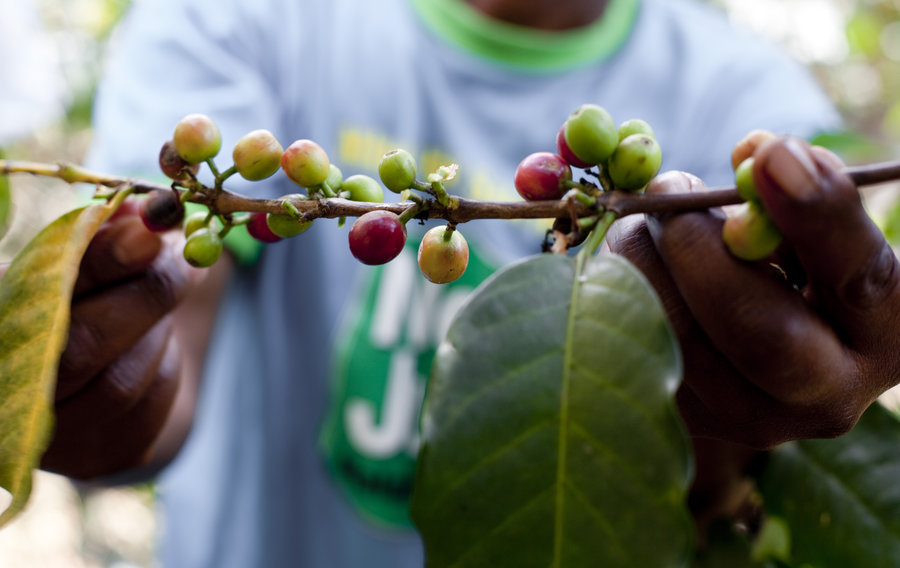
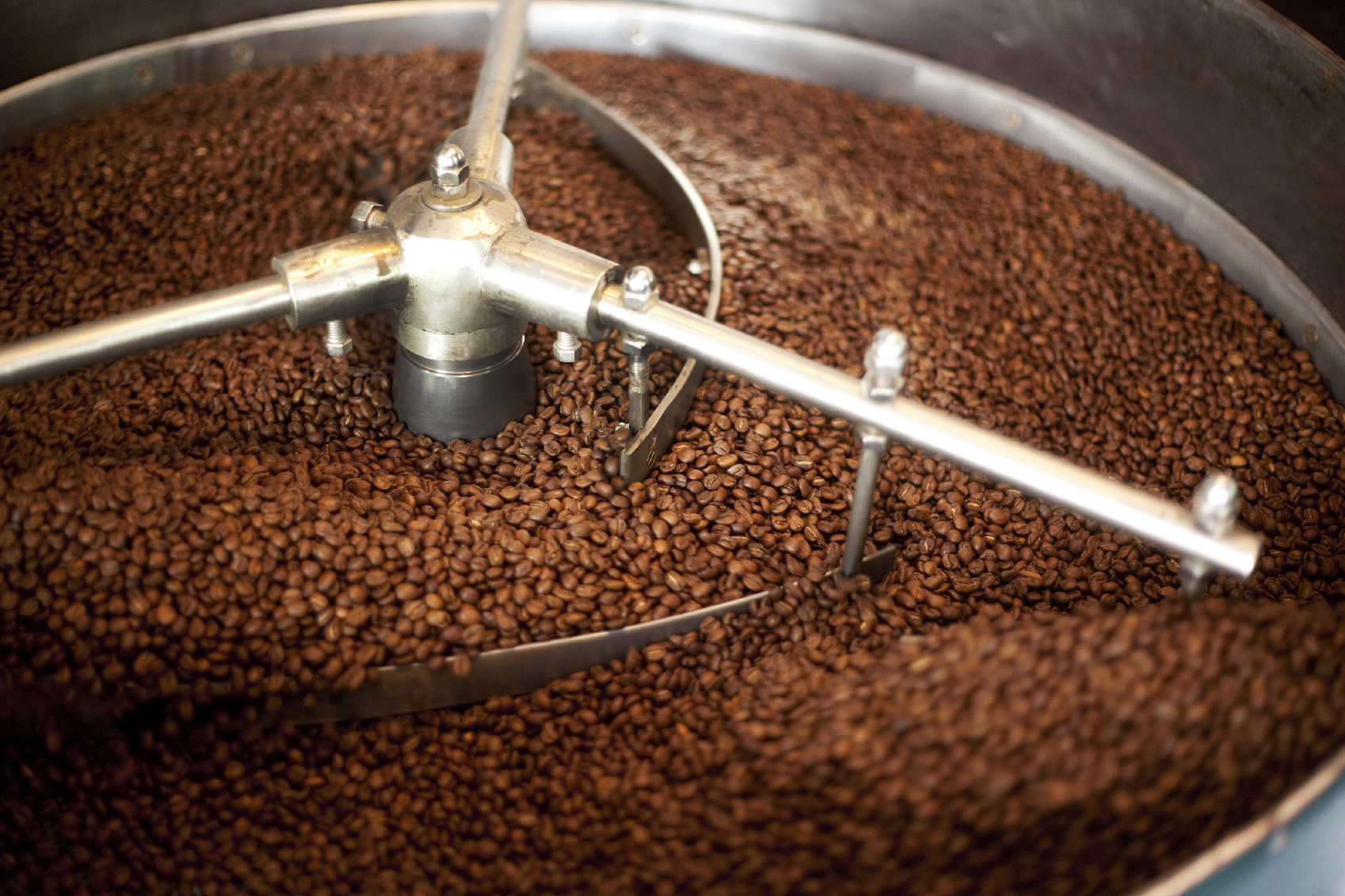
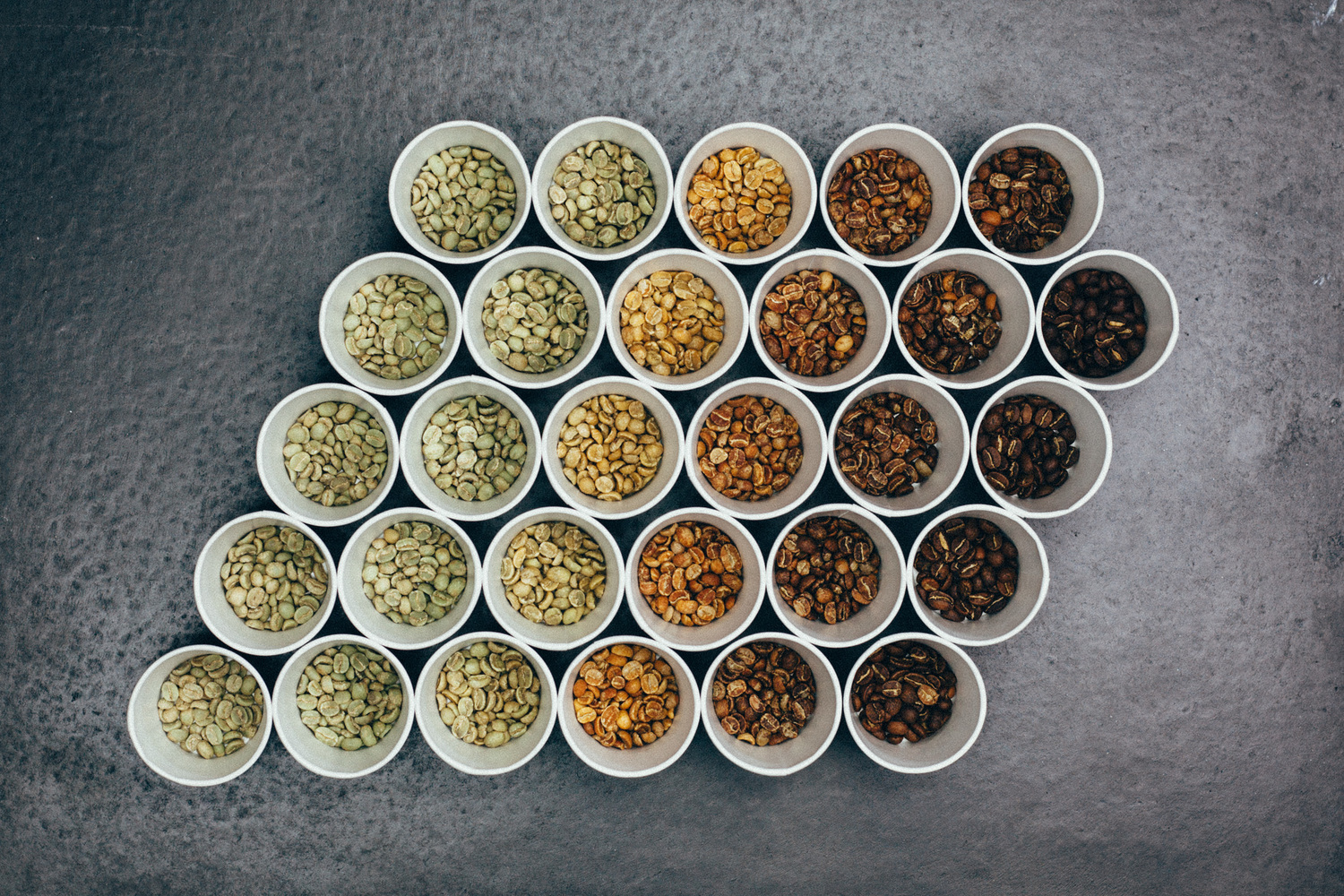
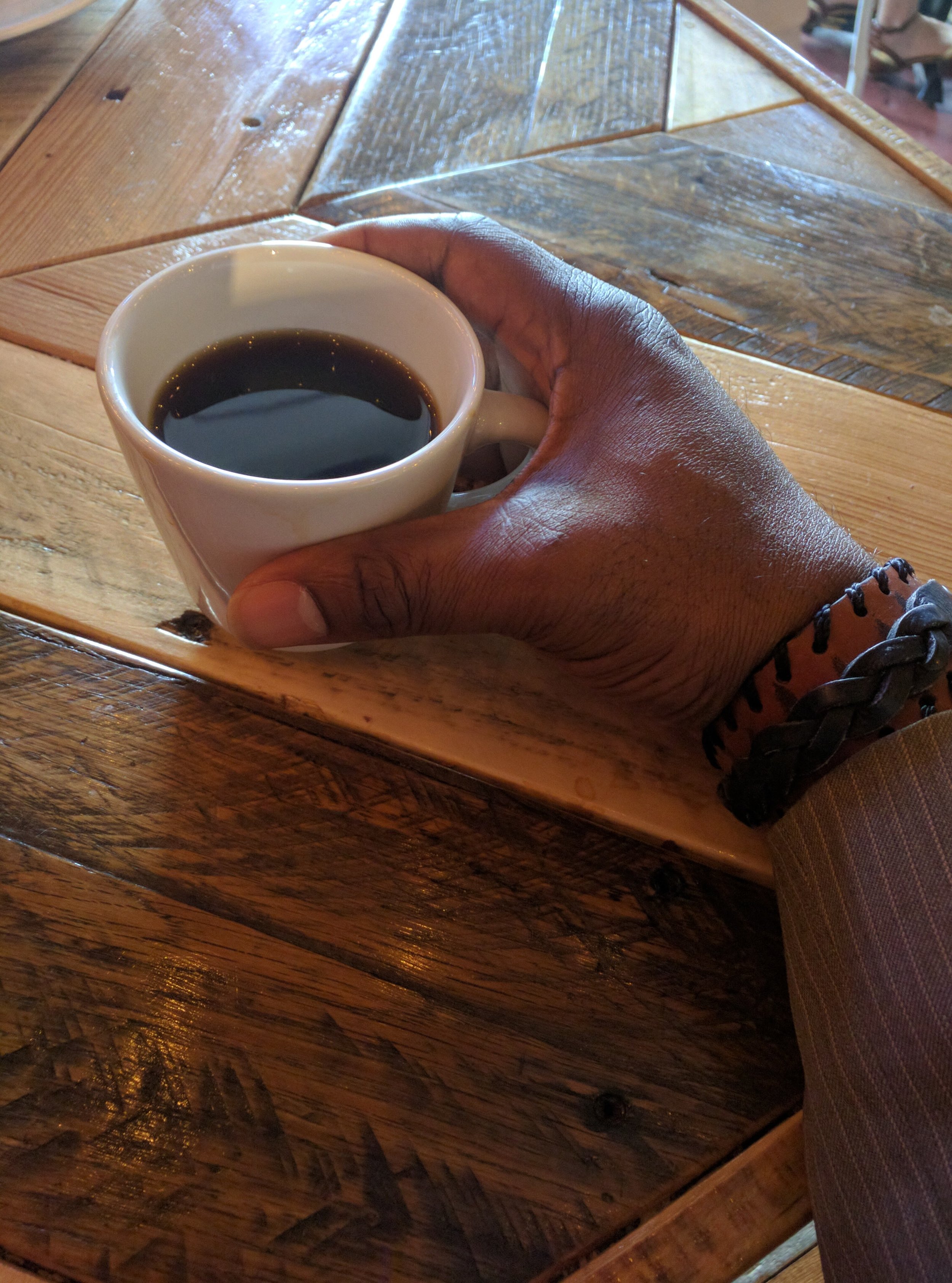
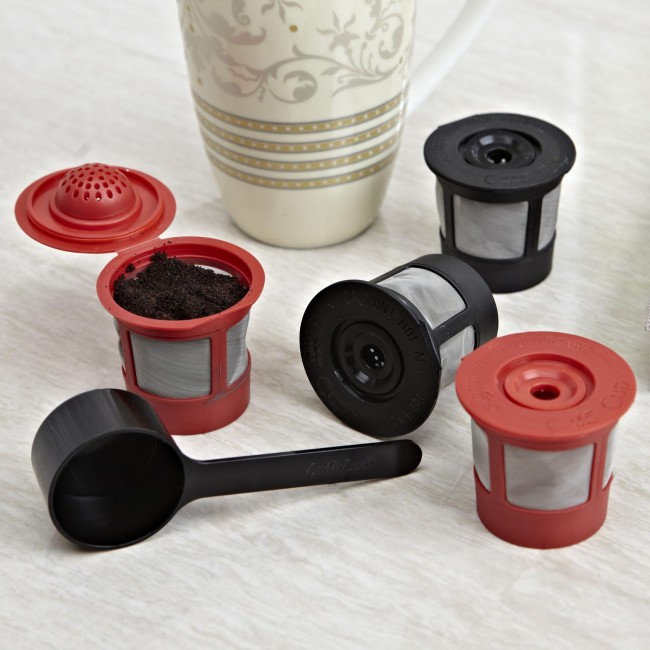

Our small-batch coffee is proudly and lovingly made in the mountains of, Haiti.
100% natural shade grown varietals of primo coffee
100% SUSTAINABLY Farmed for 3 generations
sourced and procured directly by the local micro economy
Ethically sourced coffee from farmers in the neighboring Pic le Salle region allows us to support the local economy.
100% natural process coffee
—
3 generations of sustanable farming
Plant crops that fight the bugs, plant bumper crops to fight the erosion and complementary crops that replenish the soil on each side.
- JaPhore
HUMBLE BEGINNING
84 yrs ago, 6 Haitian brothers and their wives decided to insulate the indigo, barley, sugar cane, and plantain habitations with small lots of coffee crops. Partially motivated by economic demand and a love of high quality coffee they created something truly magical. They soon realized that not only was it good for the land, but it was good for the whole mountain.
Soon small habitations became a plantation, and a coffee culture was created that was second to none. Using traditional methods, the crops were both natural and sustainable. As the trade and production grew, so did the family. Their sons and daughters became educated rural farmers who were producing enough to trade with other communities, and later other countries. The family was well respected and news of the impeccable coffee spread throughout the Caribbean and South America. They became one of the largest coffee producers in the region. This created some not so positive attention by the troubled political power structure that was and still is modern Haiti.
DIVERSITY TO SURVIVE
In addition to being farmers they now needed to be lawyers, educators, as well as politicians to protect their agricultural interests. When the regime changed in the mid 1960s many of them were forced into political asylum abroad. Some stayed to farm the land, but chose to revert back to the traditional crops because they needed food to sustain themselves and survive.
Wait... What? We were actual coffee farmers? -Yes and some still are.
The family still produces and trades cocoa , pink burro bananas, pomelo Grapefruit and other vegetation.
Though the soil is lush and fertile the lack of critical infrastructure limits the production of commercial crops. In addition to roads, and absorbent fuel costs, there were 3 main problems that needed to be addressed.
Electricity
Freshwater
Sanitation
This made me ask, how has my life as an engineer prepared me to change this?
HOW I GOT STARTED
This really stoked my personal love for coffee even further. I started reaching out to the family back home. I talked to aunts and uncles and they told me how they were still growing crops but couldn't farm anything they couldn't eat. I asked about trade, they still traded but in a very non-profitable way. Basically, buyers from the D.R. that were looking to exploit the economic fragility to create their own private coffee productions undercut them.
They sent me care packages with pictures and beans that they were all very proud of. They asked me not to forget about them and to come back one day to help them produce coffee once more. It was then that I decided to learn more. I studied the history of coffee, how it affects the economy and the culture of those who enjoy it around the world. What I found was astonishing. At one point Haiti was the leading exporter of raw coffee beans in the world!
Javaé hopes to restore that. While doing good for the people of Haiti.
